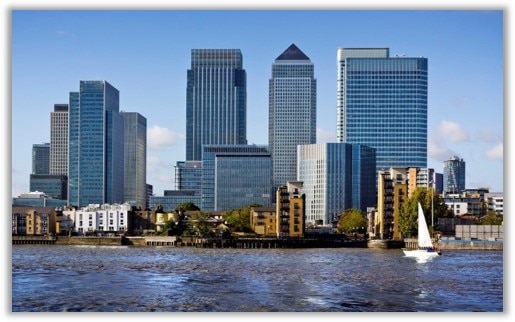When a year or two is considered ‘long term’, you know there’s an investment issue

The benefits of long-term shareholders are well understood. They can be patient, far-sighted, willing to invest capital where required for gains down the line. Ask Canary Wharf Group: its two shareholders, Brookfield and the Qatari sovereign fund, are so convinced of the Docklands hub’s long-term success that they’ve committed another £400m.
Judging by the increasingly short-term nature of our equity markets, Canary Wharf Group bosses – including the impressive and well-liked Shobi Khan – will feel relieved that they are no longer listed. The worry for London’s exchanges is that more and more individuals see only downsides, and few upsides, to the public markets.
The latest City topic du jour is the difficulties CAB Payments have suffered through since listing. A profit warning, delivered earlier this week amid a change in policy by the Nigerian central bank, sent shares into a tailspin. Choosing to bail out after a market update equivalent to a shrug emoji is not a sign of short-termism, but it is a sign of tetchy and fast-moving markets.
For all of the sturm und drang regarding the future of London’s equity markets, it fundamentally comes to just one question: how can we encourage investors across public markets to think with the long-term horizon of those without the pressures of daily trading?
The scale of the problem is such that one study by the UK’s chartered accountants body suggested that investors who “hold on for a year or two may be regarded as long-termist.” If the UK has become particularly short-termist, that helps answer the other question of why investors here seem particularly reticent of plays in innovative technologies, where revenue is put ahead of profitability at least during the early growth period.
There are a host of efforts underway to persuade investors of the merits of long-term holdings, but until it’s evident on the ground that it’s happening, evermore CEOs of listed firms will look upon long-term investments like that at Canary Wharf Group with envious eyes.
